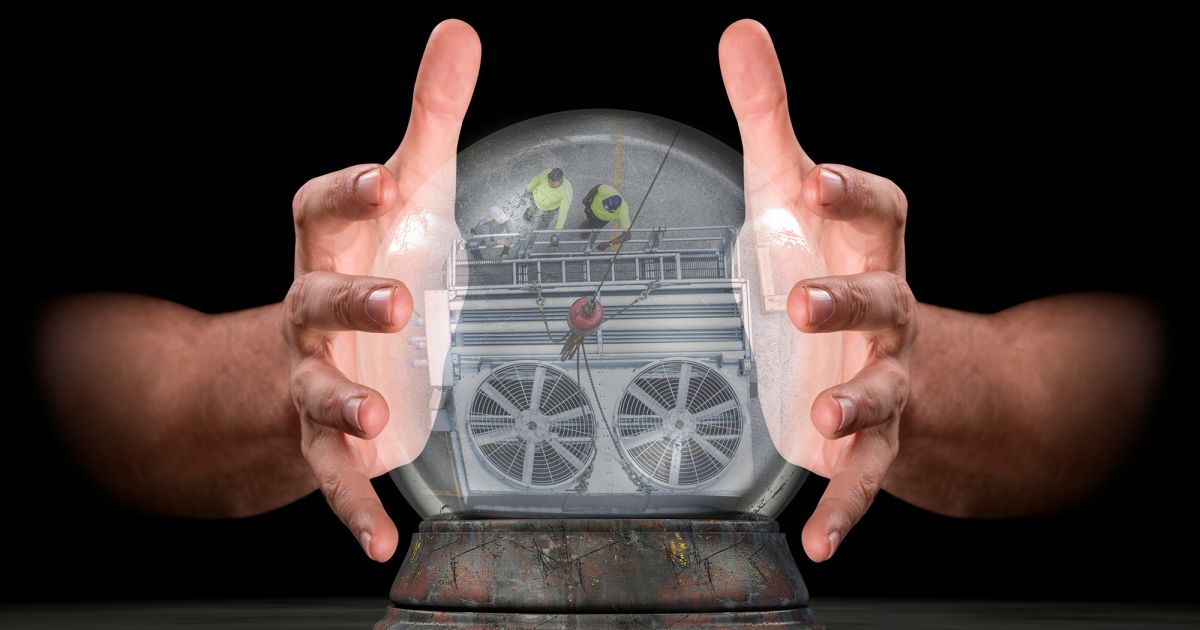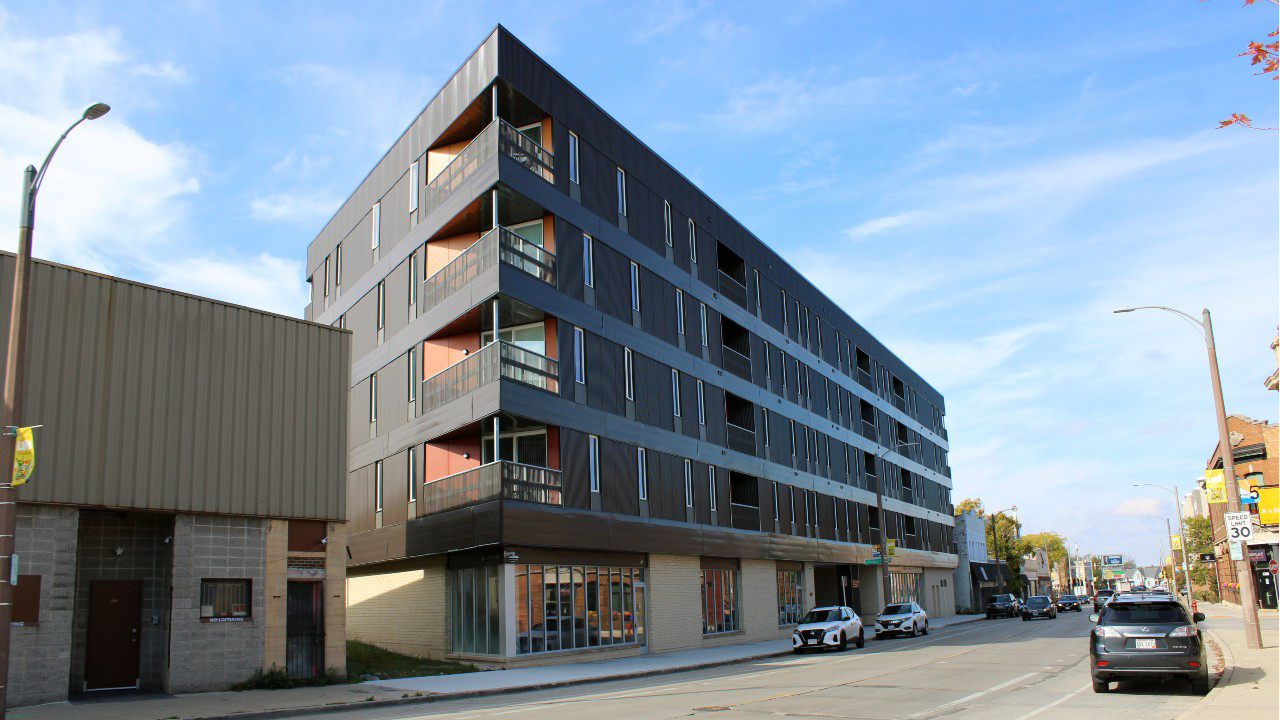S
ummer in the city often means sweltering temperatures, making air conditioner failures a costly and unwanted occurrence. To prevent such issues, real estate owners are increasingly turning to proptech companies that use artificial intelligence for predictive maintenance, particularly in HVAC systems.
Thalo Labs, a climate tech startup based in Manhattan, aims to bring high-end HVAC technologies to a broader market by focusing on buildings without advanced management controls. The company's hardware and software systems monitor and diagnose issues in real-time using machine learning models based on equipment physics, helping technicians proactively address problems and reduce reactionary maintenance.
Thalo Labs' CEO, Brendan Hermalyn, believes that AI can be used to predict equipment failures, such as boiler leaks, by analyzing data from various sources. The company has achieved a zero failure rate for hundreds of HVAC units it was monitoring during the latest heat wave in New York City.
Other companies, like T2D2 and Visitt, are also using AI for predictive maintenance in buildings. T2D2 uses machine learning technology to monitor building exteriors and identify potential issues before they become major problems. Visitt focuses on large commercial buildings by analyzing data from human activities and building management systems (BMS) to predict maintenance needs.
The demand for AI-driven predictive maintenance tools is high, particularly in commercial office buildings and multifamily properties. Companies like BrainBox AI, Vertigris Technologies, and Conservation Labs are leveraging AI to monitor HVAC systems, optimize energy usage, and detect water leaks early.
Lessen, a property service company, has invested over $200 million in AI tools, which have helped reduce human intervention to 25% in residential work orders. The company is now exploring the predictive side of AI, using data from IoT devices to identify potential issues before they become major problems.
The trend of using AI for predictive maintenance is not limited to the US; international companies like Demand Logic and Verv Energy are also using AI to monitor buildings and predict maintenance needs. These companies are expanding globally and operating in cities like San Francisco and Los Angeles, highlighting the growing demand for AI-driven solutions in the real estate industry.
Overall, the use of AI for predictive maintenance is becoming increasingly popular in the real estate industry, with many companies leveraging machine learning models to reduce costs, improve efficiency, and enhance customer engagement.














